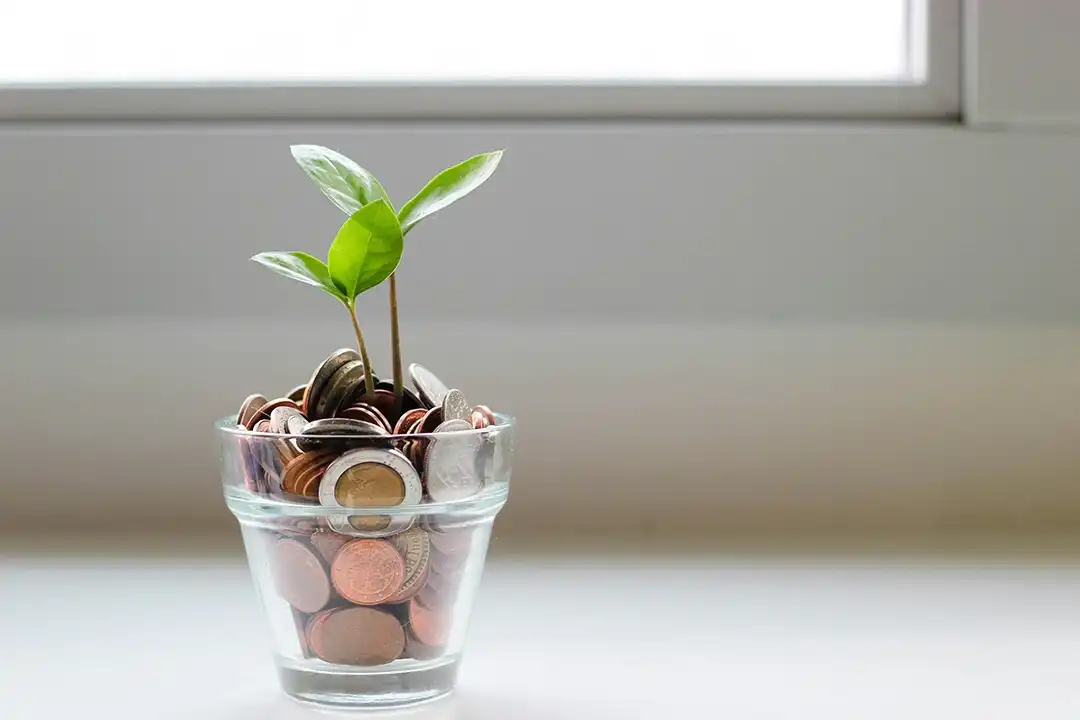Financial Freedom Update: Mastering Budgeting & Investing Basics

Whether you are tackling debt or aiming to grow your wealth, financial freedom can feel like a moving target. The good news is that creating stability in your finances does not have to be overwhelming. With a clear budgeting system and some beginner-friendly investing know-how, you can begin carving a path toward greater security and peace of mind, no matter where you are starting from.
Why Refine Your Money Skills?
Your relationship with money goes far beyond numbers in a bank account. It affects your daily stress levels, long-term opportunities, and even your personal relationships. Improving your budgeting and investing skills empowers you to:
- Avoid Overdrafts and Debt Cycles: A solid budget shines light on where your money actually goes.
- Build Confidence: Mastering basic investing can open doors you might have dismissed as “too complex.”
- Reduce Stress: Clarity around your finances can free up mental energy to focus on broader goals, like career growth or self-care.
If you are still paying down obligations, see Financial Freedom Journey: Debt Management Basics for practical steps on getting started. The two approaches, paying off debt and investing for growth, can often happen in tandem if you strategize carefully.
1. Create a Budgeting System That Works for You
A budget is essentially a plan for how you will allocate your income. The trick is to pick a system you will actually use. Some popular methods include:
- 50/30/20 Rule: Allocate 50% of income to needs, 30% to wants, and 20% to savings or debt.
- Zero-Based Budgeting: Assign every dollar a specific purpose before the month starts.
- Envelope System: Use digital or physical “envelopes” for categories like groceries, entertainment, and bills.
Whichever method you choose, consistency is key. Make time each month (or week) to review your expenses and tweak your plan if needed. If you often struggle with scheduling, you might pick up ideas from Time Management Hacks for a Balanced Life.
2. Start Simple with Investing
Investing does not have to involve memorizing stock tickers all day. Many beginners start with:
- Index Funds or ETFs: These are diversified baskets of stocks or bonds that track a market index. They often have lower fees and can reduce risk compared to picking individual stocks.
- Robo-Advisors: Automated platforms that build and manage a portfolio for you based on your risk tolerance and goals.
Set aside a consistent amount each month (automating if possible) so you invest regularly without overthinking each market fluctuation. This practice, known as dollar-cost averaging, can help even out price swings over time.
3. Grow Your Knowledge Base
Even if you outsource management of your investments, it helps to understand the basics:
- Compound Interest: Your earnings generate more earnings. Over years or decades, this can significantly multiply your initial investment.
- Risk and Reward: Higher potential returns often come with higher risk. Balancing safer assets (like bonds) with growth assets (stocks) can align with your comfort level.
- Tax-Advantaged Accounts: Retirement accounts (like 401(k)s or IRAs) and certain health savings accounts can help you keep more of your gains.
Consider reading personal finance blogs or following podcasts that break down complex topics in plain language. The more you understand, the more confidently you can tailor a strategy to your needs.
4. Plan for Emergencies
An emergency fund, usually 3 to 6 months’ worth of expenses, acts as a buffer against unexpected bills or job losses. This fund should be easily accessible (like in a high-yield savings account), not tied up in long-term investments. Having this financial cushion prevents you from having to liquidate investments at a bad time or rely on high-interest debt to cover urgent costs.
5. Stay Flexible and Adapt
Your financial goals will evolve as your life changes, new job, marriage, kids, or even relocating. Revisit your budget and investing strategy at least annually, or whenever a major shift occurs. Continuous growth and adaptation are part of any sustainable financial plan, just like we see in other areas of personal development.
Bring It All Together
Financial freedom is a journey, not a single destination. By committing to consistent budgeting, dipping your toes into beginner-friendly investments, and staying curious about money matters, you gradually build a platform of security and confidence. From there, you can focus on broader life goals, whether that is launching a passion project or simply enjoying more peace of mind day to day.